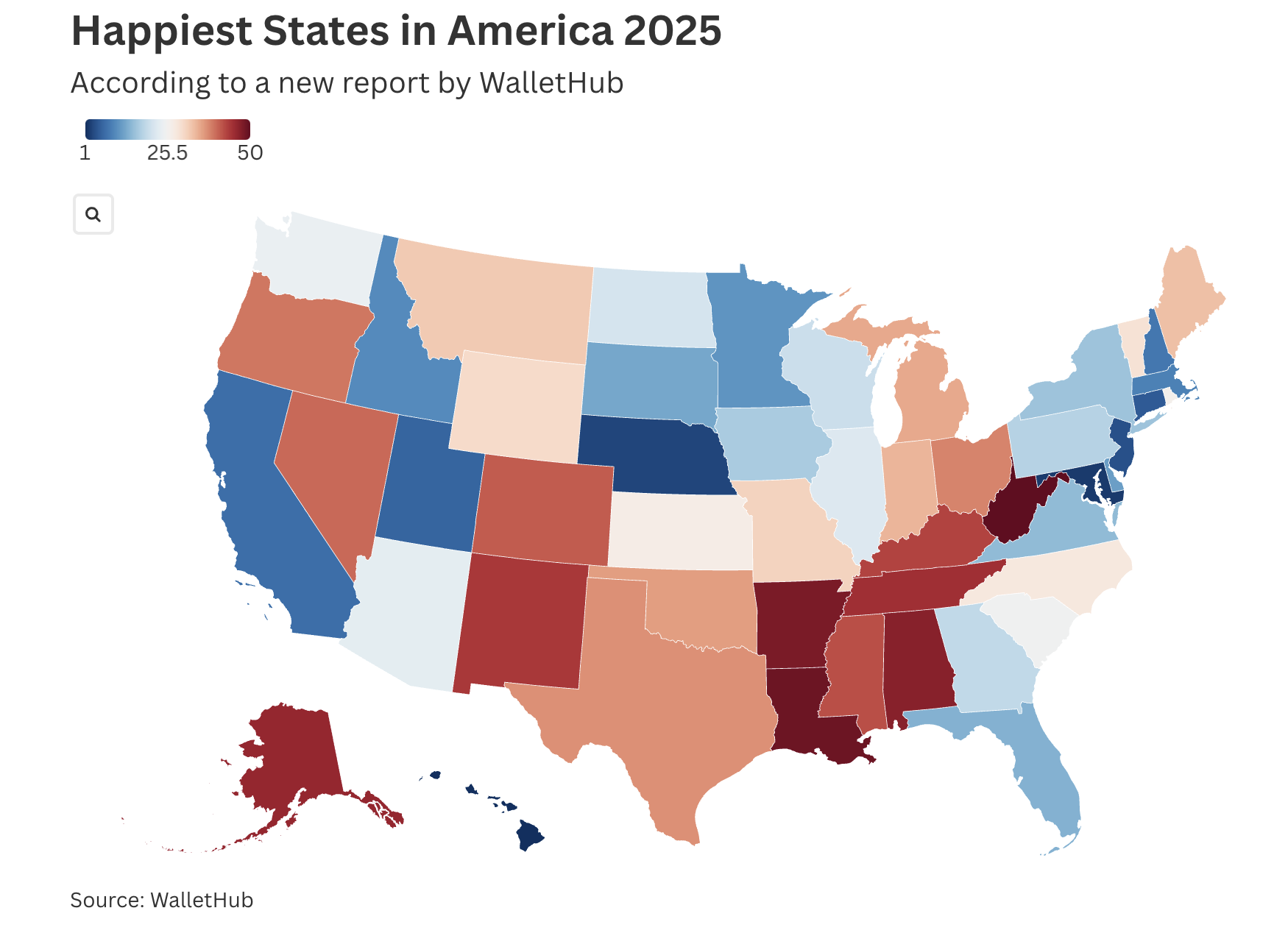The UK’s Personal Independence Payment (PIP) is designed to help people living with long-term illness or disability cover extra costs associated with daily living and mobility. While every award is assessed individually, recent Department for Work and Pensions (DWP) data has revealed that certain medical conditions are more likely to result in longer-term or maximum award lengths. For many claimants, this reduces the stress of frequent reassessments and provides financial security.
Table of Contents
Understanding PIP Award Lengths
PIP awards can vary widely depending on the severity and stability of a claimant’s condition. In some cases, awards may last just one or two years before reassessment, while others can be set for five, ten, or even “ongoing” awards with only a light-touch review after ten years. The length of an award typically depends on whether the condition is likely to improve, remain stable, or worsen over time.
According to DWP figures, six categories of medical conditions stand out as the most likely to receive long-term or maximum award durations.
The Six Medical Conditions Most Likely to Qualify
Analysis of PIP claimant data highlights six categories where the majority of recipients tend to be granted awards lasting five years or more. These include:
1. Visual Disease
Individuals with severe sight loss or progressive visual conditions often require long-term support. Around two-thirds of claimants with visual disease are reported to have awards of five years or longer, reflecting the permanent and often deteriorating nature of these conditions.
2. Musculoskeletal Disease (General)
General musculoskeletal conditions, including widespread pain disorders and degenerative joint diseases, are a major reason for PIP claims. With over 697,000 people receiving support for these conditions, more than half are granted long-term awards, as such illnesses typically have lasting impacts on mobility and daily function.
3. Neurological Disease
Neurological conditions, such as epilepsy, multiple sclerosis, Parkinson’s disease, and motor neurone disease, often progress over time and rarely improve. DWP data shows that more than half of claimants in this category receive long-term awards, reflecting the enduring and complex care needs linked to neurological illness.
4. Respiratory Disease
Chronic respiratory illnesses, such as COPD and severe asthma, can significantly reduce mobility and quality of life. Nearly half of claimants with respiratory diseases have awards lasting five years or more, recognizing that while treatments may ease symptoms, the underlying condition usually remains lifelong.
5. Autoimmune and Connective Tissue Disorders
Conditions like lupus, rheumatoid arthritis, and scleroderma fall into this category. These illnesses often fluctuate but are generally lifelong and can cause permanent disability. Nearly 47% of claimants in this group receive long-term awards, as stability or recovery is unlikely.
6. Musculoskeletal Disease (Regional)
Regional musculoskeletal conditions affect specific areas, such as the back, hips, or knees, but can be just as disabling as widespread conditions. Almost half of claimants in this category also secure long-term awards, particularly when surgery or medical intervention offers limited improvement.
Why These Conditions Receive Longer Awards
The key factor behind award length is whether the claimant’s condition is expected to change significantly in the near future. For many of these illnesses, improvement is rare or only partial, meaning claimants are likely to need ongoing support. In these cases, the DWP may grant awards lasting five years or more, and in some circumstances, “ongoing” awards with only a light-touch review.
This approach reduces unnecessary reassessments, eases pressure on the benefits system, and provides claimants with greater stability.
What This Means for Claimants
If you live with one of these conditions, you may have a stronger chance of securing a long-term PIP award. However, awards are not guaranteed solely on diagnosis. The DWP assesses each claim on how the condition impacts daily living and mobility. To strengthen your case:
- Provide detailed medical evidence from your GP or specialist.
- Explain how your condition affects everyday tasks, not just during flare-ups but on a typical day.
- Highlight if your condition is unlikely to improve or is progressive.
- Seek advice from disability support charities or Citizens Advice to prepare your application or renewal.
FAQs
Does having one of these six conditions guarantee a long-term PIP award?
No. While data shows a higher likelihood, awards are based on individual circumstances and the impact of the condition on daily living and mobility.
What is a maximum PIP award length?
In most cases, this refers to an award lasting five years or more. Some claimants receive “ongoing” awards with a light-touch review after ten years.
Can PIP awards be changed after they are granted?
Yes. Awards may be reassessed if circumstances change or if the DWP sets a review date. Claimants can also report changes in their condition.
Are mental health conditions included in these six categories?
Not in this analysis. While many people with mental health conditions receive PIP, they are less likely to receive maximum award lengths compared to these six categories.
How can I increase my chances of a long-term award?
The best way is to provide strong, up-to-date medical evidence and clearly explain how your condition affects your daily life and mobility over time.














